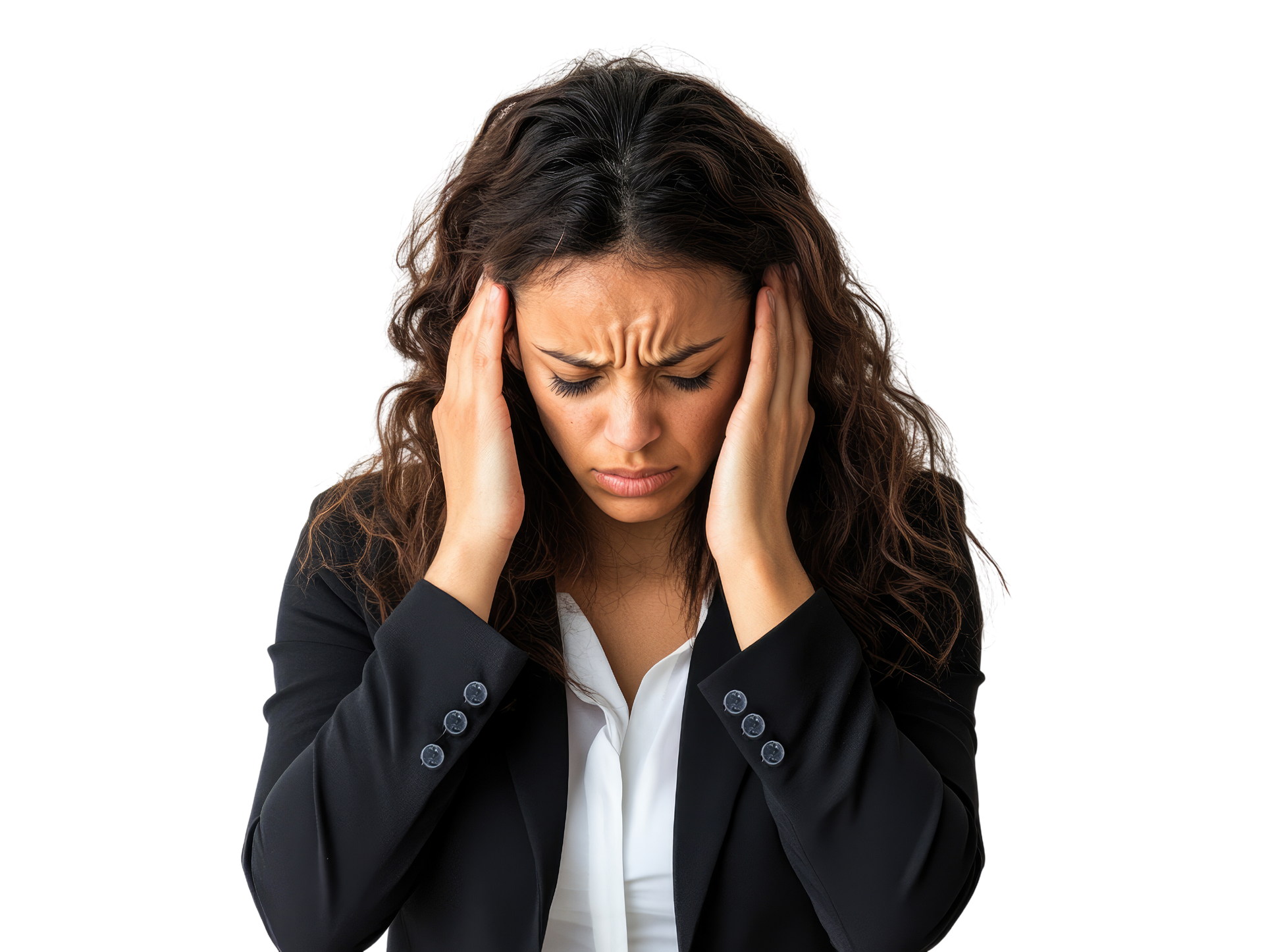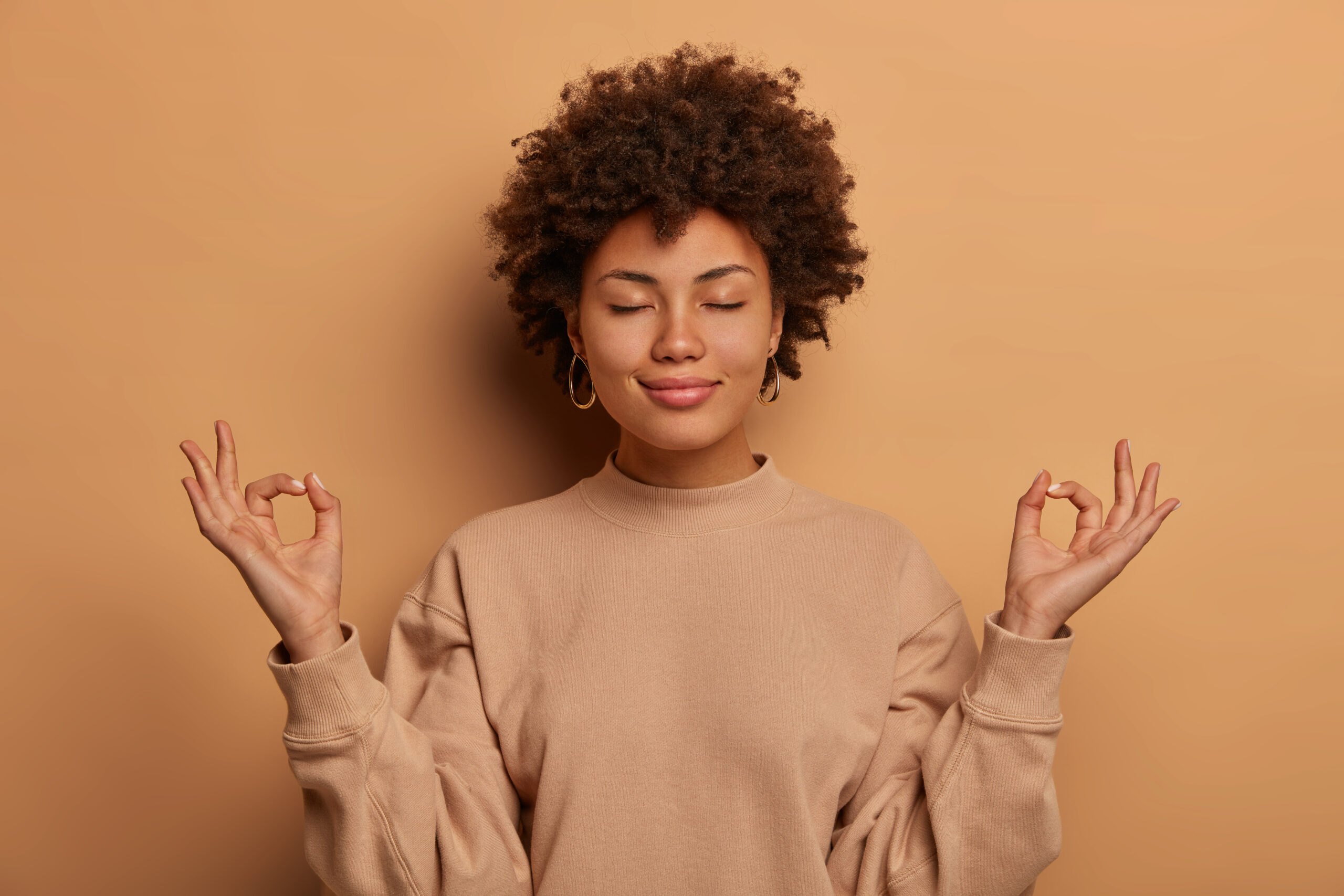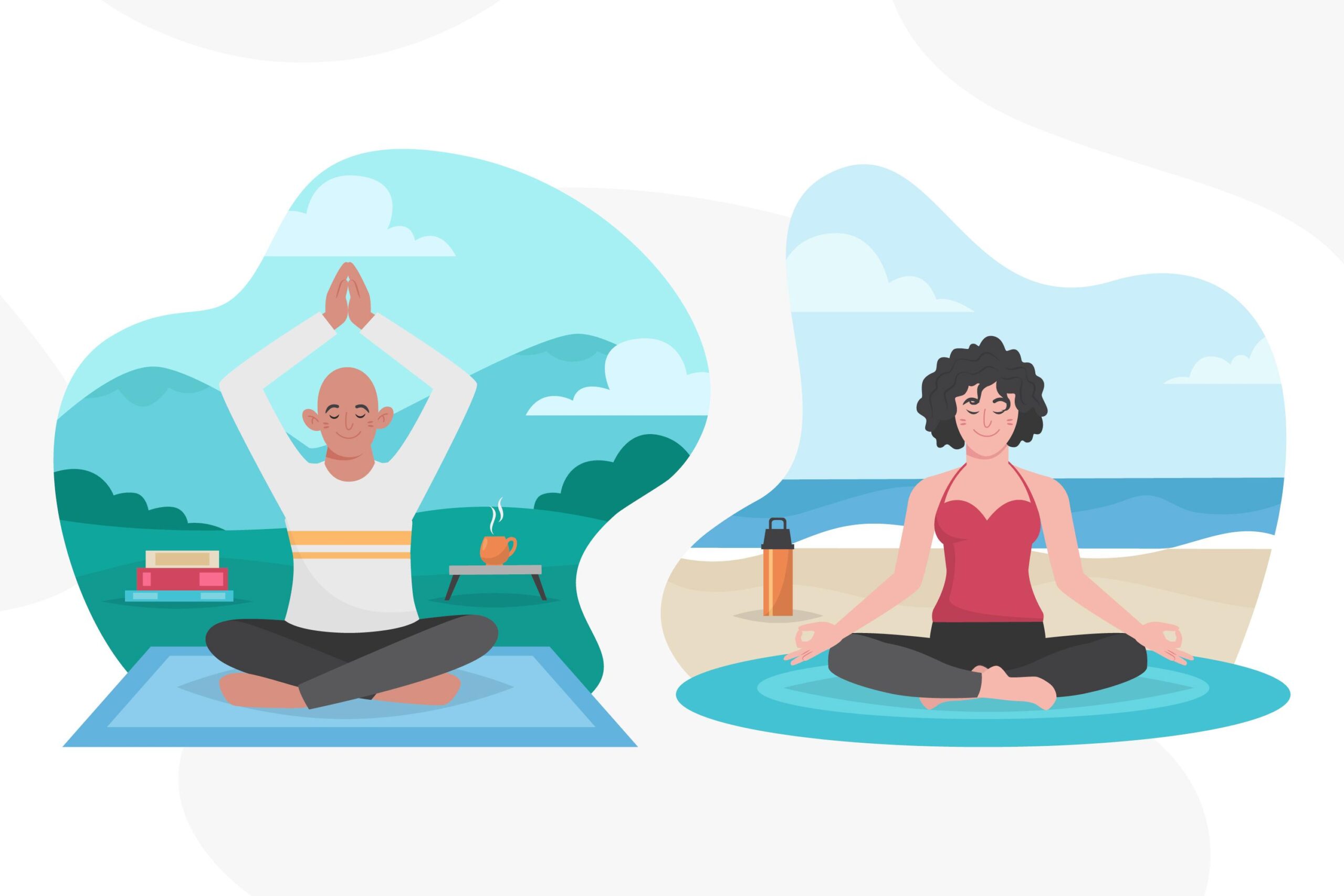Picture this: It’s 3 AM, and your mind is spinning like a hamster on a wheel. You know that presentation is still weeks away, but somehow your brain has convinced you that catastrophe is imminent. Your heart is racing, your palms are sweaty, and sleep feels like a distant memory. Sound familiar?
If you’re nodding along, you’re definitely not alone. Anxiety has a sneaky way of hijacking our thoughts and turning manageable situations into full-blown mental emergencies. But here’s something I’ve learned through my own journey with anxiety: meditation isn’t just some mystical practice reserved for monks on mountaintops—it’s actually one of the most practical, science-backed tools we have for taming that anxious mind.
 Let me share a little story from my own experience. A few years ago, I was caught in what felt like an endless cycle of worry and self-doubt. The old version of myself seemed stuck in a loop of “what-ifs” and worst-case scenarios. That’s when I discovered meditation—not as a cure-all, but as a gentle way to create some breathing room between me and my anxious thoughts. You can read more about my personal journey and how meditation became my anchor during turbulent times.
Let me share a little story from my own experience. A few years ago, I was caught in what felt like an endless cycle of worry and self-doubt. The old version of myself seemed stuck in a loop of “what-ifs” and worst-case scenarios. That’s when I discovered meditation—not as a cure-all, but as a gentle way to create some breathing room between me and my anxious thoughts. You can read more about my personal journey and how meditation became my anchor during turbulent times.
What Meditation for Anxiety Actually Does (The Science Stuff Made Simple)
Let’s get real about what’s happening in your brain when anxiety strikes. Your amygdala—think of it as your brain’s overly enthusiastic alarm system—goes into full alert mode at the first sign of perceived danger. Unfortunately, it can’t tell the difference between a charging tiger and an overflowing inbox.
Here’s where meditation becomes your secret weapon. Research from Harvard has found that meditation practice reduces the concentration of gray matter in the amygdala, a region associated with fear, anxiety, and stress—and this reduction correlates with lower stress levels. Essentially, you’re training your brain’s alarm system to be a little less trigger-happy.
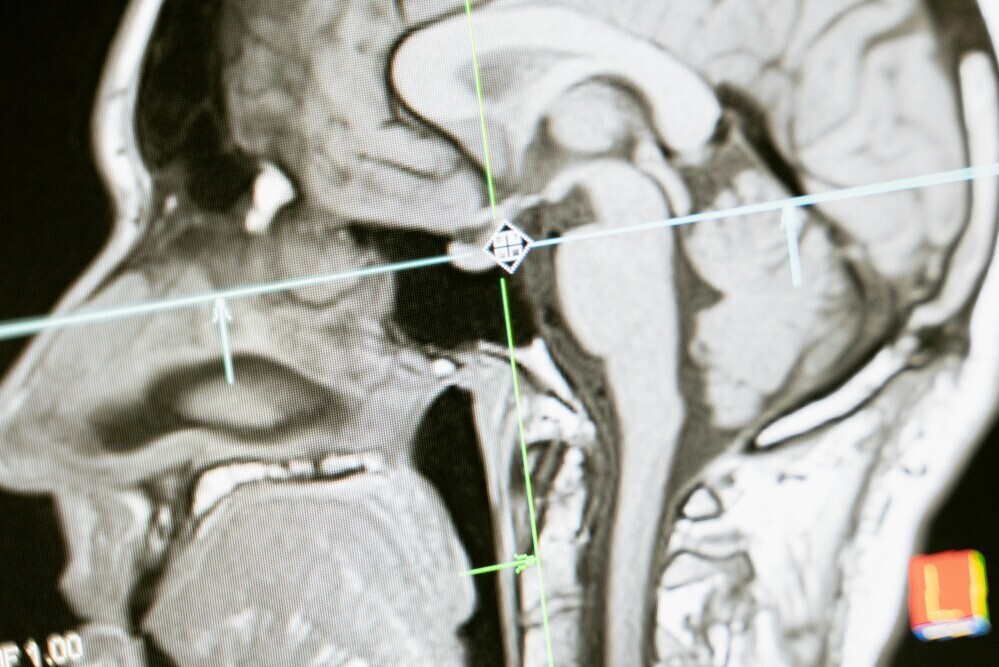
But that’s not all. Meditation works on multiple levels to combat anxiety:
It flips your nervous system’s switch. When anxiety hits, your body goes into fight-or-flight mode. Meditation activates the opposite response—what researchers call the relaxation response—helping your body return to its natural state of calm.
It boosts your feel-good chemicals. Studies show that levels of dopamine (the neurotransmitter of pleasure), serotonin (the neurotransmitter of happiness), and GABA (the neurotransmitter of calmness) all rise in response to meditation. Think of it as your brain’s natural pharmacy kicking into gear.
It builds emotional resilience. Regular meditation practice doesn’t just help in the moment—it actually strengthens your ability to bounce back from stressful situations. It’s like building emotional muscle that gets stronger over time.
Johns Hopkins research found moderate evidence of improvement in symptoms of anxiety, depression, and pain after participants underwent what was typically an eight-week training program in mindfulness meditation.
Types of Meditation That Are Anxiety’s Kryptonite
Not all meditation is created equal when it comes to anxiety. Here are the heavy hitters:
-
Mindfulness Meditation – Become the observer of your thoughts instead of getting swept away by them. Rather than following the story anxiety tells, simply notice your thoughts like clouds drifting through the sky.
-
Loving-Kindness Meditation – Perfect if anxiety comes with self-criticism. This practice helps you cultivate compassion toward yourself and others, softening the harsh inner voice anxious minds often carry.
-
Body Scan Meditation – Focus on different parts of your body one at a time. This grounds you in the present moment and helps shift attention away from racing thoughts.
-
Guided Meditation – When your mind feels scattered, guided meditations provide structure and gentle direction, like having a supportive friend walk you through the process.
-
Breath Awareness Meditation – Anchor yourself in the simple act of breathing in and out. Since your breath is always with you, it’s a calming and reliable tool when anxiety flares up.
-
Progressive Muscle Relaxation (PMR) – Tense and then release different muscle groups to release stress. This is especially useful when anxiety shows up as physical tension in your body.
Real-World Tips for Meditating When Anxiety Is Running the Show
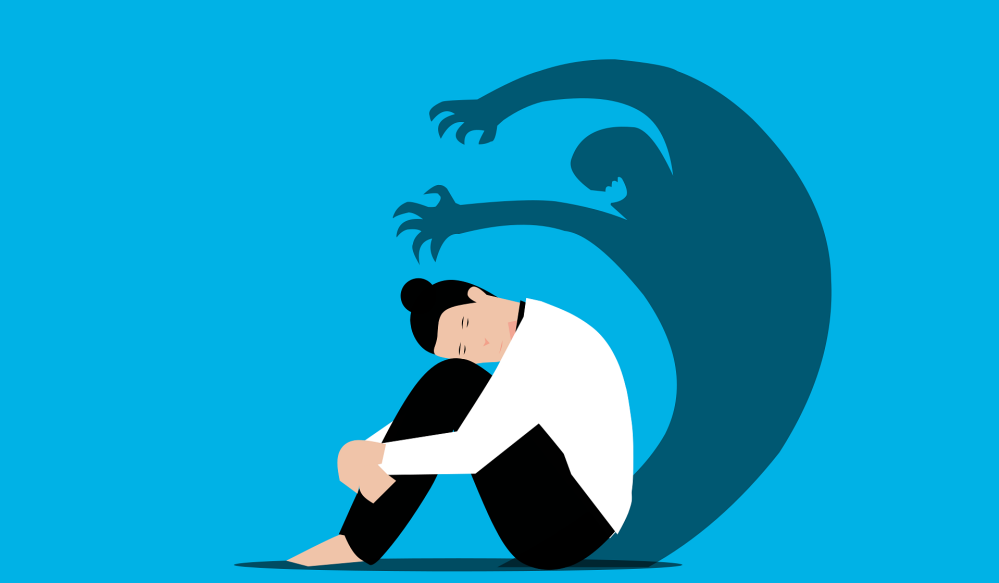
Let’s be honest—meditating when you’re anxious can feel like trying to calm a tornado with a whisper. But here are some practical strategies that actually work:
Release the pressure of perfection. Your meditation session doesn’t need to be serene or “quiet.” Sometimes the most powerful sessions happen when your mind is messy and chaotic. That’s actually perfect practice for real life.
Set the stage for success. Before you begin, create a supportive environment. Find a comfortable spot, maybe light a candle, play soft music, or do whatever helps you feel safe and grounded.
Start with your body. Begin each session with a quick body scan to release physical tension. Anxiety loves to live in our shoulders, jaw, and stomach, so give those areas some attention first.
Befriend your anxious thoughts. When worried thoughts pop up (and they will), don’t fight them or judge them. Simply notice them—”Oh, there’s that worry about tomorrow’s meeting”—and gently return your attention to your breath or body.
Think small to win big. Start with just 3-5 minutes. It’s better to have a consistent short practice than to burn out trying to meditate for 30 minutes when you’re just starting out.
Lean on guidance when needed. On particularly overwhelming days, guided meditations can be your lifeline. Let someone else hold the structure while you focus on just showing up.
Quick Meditation Fixes for Different Scenarios

When you’re lying in bed at 2 AM: Try a body scan or gentle breath awareness meditation. You can do these lying down, and they often naturally transition into sleep.
When you need fast relief (5 minutes or less): Go for a simple mindfulness practice—just focus on your breath for a few minutes, or try a quick guided meditation specifically designed for anxiety relief.
When you’re at work and feeling overwhelmed: Even 2-3 minutes of breath awareness at your desk can help reset your nervous system. No one will even know you’re meditating.
Frequently Asked Questions
What type of meditation is best for anxiety? Mindfulness meditation, body scans, and loving-kindness practices tend to be particularly effective for anxiety. The key is finding what resonates with you personally.
Can I meditate in bed? Absolutely! Body scan meditations and breath awareness practices work wonderfully lying down. Just be gentle with yourself if you fall asleep—sometimes that’s exactly what your body needs.
How quickly will I see results? Some people notice subtle shifts after just a few sessions, while others take a few weeks to feel significant changes. Remember, you’re literally rewiring your brain, so be patient with the process.
Your Journey Starts with Just One Breath
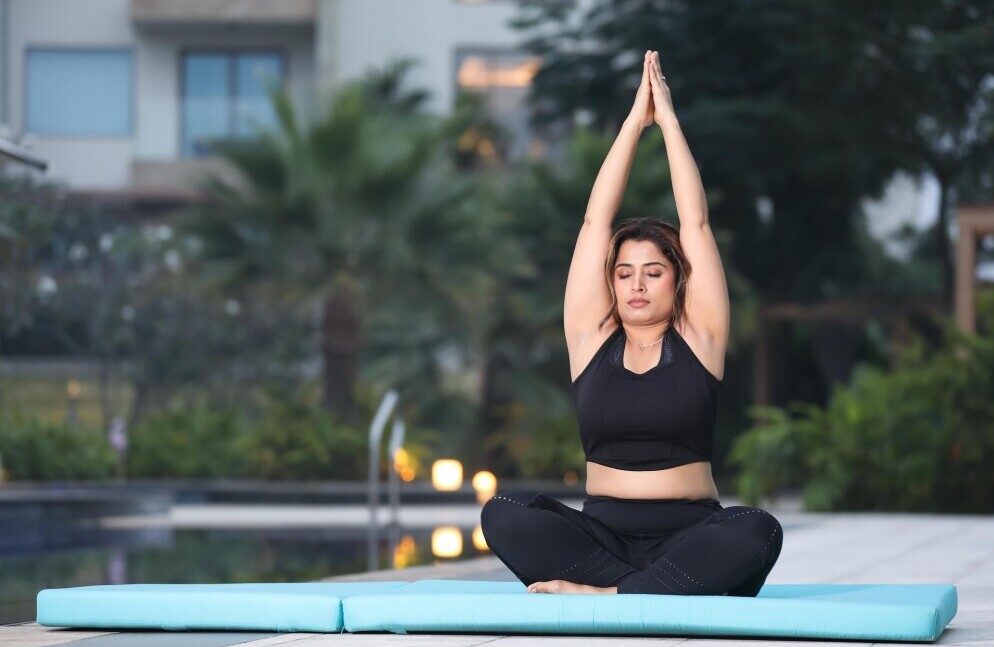
Starting a daily meditation routine for anxiety isn’t about achieving some zen-like state of perfect calm (spoiler alert: that doesn’t exist). It’s about developing a kinder, more spacious relationship with your own mind. It’s about learning that you don’t have to believe every anxious thought that pops up, and that you have more control over your internal experience than you might realize.
The beautiful thing about meditation is that it meets you exactly where you are. Whether you’re dealing with mild worry or intense anxiety, whether you have two minutes or twenty, there’s a practice that can help. The only requirement is showing up—messy mind and all.
Remember, this isn’t about becoming a different person. It’s about becoming more yourself—the version that isn’t constantly hijacked by worry, the one that can find peace even in the middle of chaos.
So take a deep breath. Your journey toward a calmer, more resilient you starts with this very moment. And that anxious voice in your head that’s saying “this probably won’t work for me”? That’s just anxiety talking. Don’t take it personally.
I’d love to hear about your experiences with meditation and anxiety. Have you tried any of these techniques? What’s worked for you, and what hasn’t? Share your struggles, victories, or questions in the comments below—this community is all about supporting each other on this journey.
With love, Deeana — Meditate4Calm

